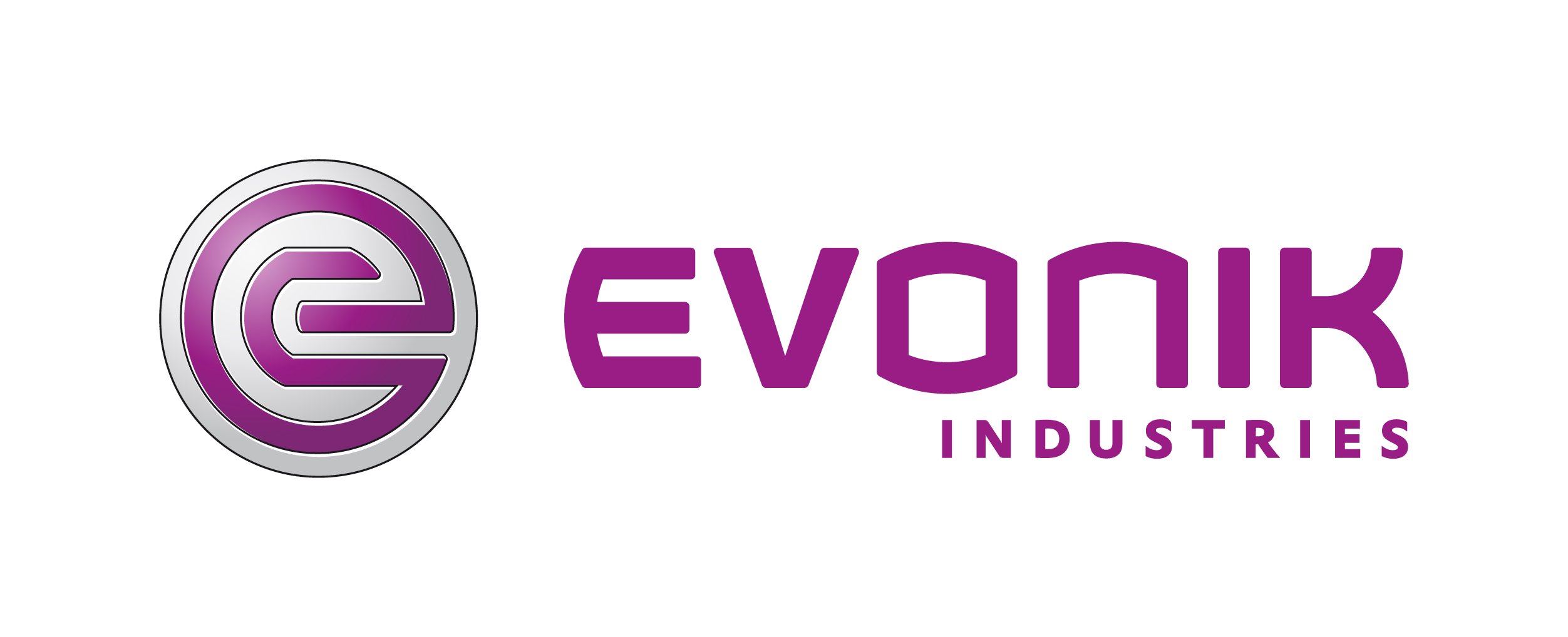Contractor Engagement & Retention Strategies
In an increasingly competitive market, companies are finding it difficult not just to manage contractors, but to keep them engaged and motivated over the long term. Contractor loyalty can be just as valuable as employee loyalty, especially in industries where specialized skills are required and onboarding is resource-intensive. This article will explore key strategies for fostering contractor engagement and ensuring that top performers stay with your company for the long haul.

Clear communication and expectations
One of the most common causes of disengagement among contractors is a lack of clear communication. Contractors often feel they are left out of important information loops, especially on larger projects with multiple stakeholders. Companies need to prioritize clear and consistent communication. This includes setting clear expectations for the scope of work, deadlines, and project goals from the outset. Using contractor management systems that provide a centralized hub for project updates and communication can reduce misunderstandings and keep everyone on the same page.
Best Practice
Establish regular check-ins, even for short-term contracts, to ensure contractors feel heard and valued. This simple action can prevent miscommunication and ensure that contractors remain aligned with project objectives.
Offer ongoing training and development
Just like full-time employees, contractors value opportunities to grow their skills. By offering training and certification opportunities, companies can demonstrate that they are invested in their contractors’ professional development. This not only improves contractor performance but also builds loyalty.
Key Insight
Ongoing training helps contractors stay competitive and qualified for future work. This can include access to industry certifications, safety training, or even soft skills development, such as communication or teamwork.
Best Practice
Implement a learning management system (LMS) or offer online training as part of your contractor management process. This allows contractors to enhance their skills and adds value beyond financial compensation, making them more likely to stay committed to your organization.
Recognize and reward top performers
Recognizing a contractor’s contribution can have a significant impact on their engagement and loyalty. Many contractors feel that their work goes unnoticed compared to full-time employees, which can lead to disengagement.
Key Insight
Recognition doesn’t always need to be monetary. Publicly acknowledging a contractor’s good work, providing positive feedback, or offering them the opportunity to take on more challenging projects are effective ways to show appreciation.
Best Practice
Implement a contractor evaluation system that tracks performance, allowing you to identify and reward top contractors. This can be as simple as a rating system where both internal teams and contractors themselves can provide feedback.
Ensure competitive pay and flexibility
While engagement strategies like recognition and training are important, contractors are also looking for competitive pay and flexible work arrangements. They often juggle multiple projects, and providing competitive rates, combined with flexibility, ensures that your company remains an attractive choice.
Key Insight
Many contractors prefer flexibility over full-time employment, but if they feel underpaid or bound to rigid schedules, they may quickly look for opportunities elsewhere. Offering flexible work schedules, competitive pay, and the option to extend contracts can increase contractor satisfaction.
Best Practice
Review industry benchmarks to ensure your pay rates are competitive. Also, be open to discussing flexible work arrangements that suit the contractor’s schedule, such as remote work or variable working hours.
Foster a culture of inclusion
Contractors often feel like outsiders within the companies they work for, which can lead to lower engagement and a lack of loyalty. By fostering a culture of inclusion, where contractors feel like valued members of the team, you can significantly improve their commitment and performance.
Key Insight
Contractors who feel included in team meetings, project discussions, and company events are more likely to remain engaged and deliver high-quality work. This sense of inclusion makes them feel like a true partner, not just a temporary worker.
Create long-term opportunities
Contractors often seek long-term, consistent work rather than constantly switching between companies. Offering long-term opportunities and a clear path for future work can help secure contractor loyalty. Contractors will be more engaged if they know there is the potential for ongoing or repeat work with your company.
Key Insight
Building a pipeline of projects for contractors gives them the security they seek, while also benefiting your business by ensuring a reliable pool of skilled workers.
Best Practice
Use your contractor management system to track contractor performance and keep top performers on standby for upcoming projects. Offering contractors the opportunity to renew or extend their contracts, or giving them first priority for new projects, builds trust and loyalty.
By focusing on clear communication, offering training and development, recognizing performance, and creating a culture of inclusion, businesses can foster loyalty and drive performance. These strategies not only improve contractor satisfaction but also lead to more efficient, reliable, and high-quality project outcomes.











